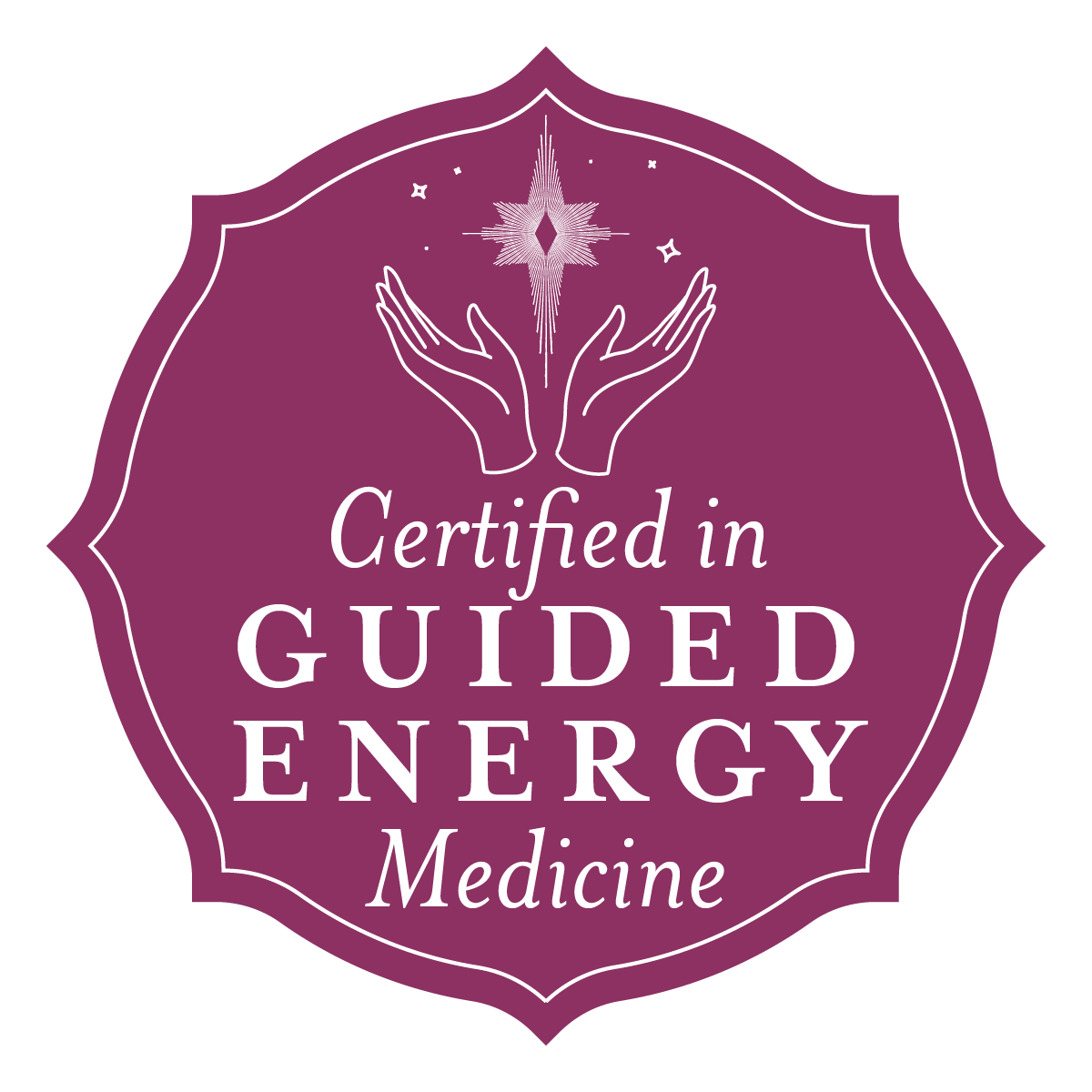Self-love is perhaps one of the most fundamental yet misunderstood concepts in the world right now. Some dismiss it as a new age ideology that can’t be applied in everyday practical terms. But nothing could be further from the truth. There are some practical steps that one can take in regard to developing self-love, which is a core foundation of all spiritual teachings.
Self-love is the ultimate way to boost your self-esteem and become a fully healed and integrated human being. People often come at the idea backward. They look at the attributes of others by observing their traits, such as how confident they walk. But fundamentally, all radical change begins from within. You then start to really value yourself as a powerful creator of your own reality and deserving of love and respect from everybody. Self-love is the opposite of selfishness. You cannot love another person unconditionally unless you love yourself first.
Self-love is not about engaging in destructive behavior patterns and turning a blind eye. It has nothing to do with arrogance or narcissism and everything to do with becoming a fully whole and integrated individual.
When you are able to exercise self-love, your life will become so much easier because you will not sabotage yourself as much, which is what everybody does with their beliefs about unworthiness. You will also have much more stability in your life as you will no longer depend on others for fulfillment. Your emotions and reactions will not be volatile, and you will actually become detached (but not uncaring) from a lot of stuff that goes on in the world.
Love is the ultimate building block of the entire universe. Humans are born into the arms of loving parents and die with their loved ones around them (ideally). They live and die by love alone. In the
words of Gautama Buddha:
“In the end, only three things matter: how much you loved, how gently you lived, and how gracefully you let go of things not meant for you.”
Your ability to love yourself and others are all that really matters. How to get there is another matter entirely. For this, you have to find out who you are and love yourself unconditionally.
Finding the Self
Finding the self is a mystical concept that has been around since ancient times. The self has been described by many names, such as the soul, the “I AM” presence, the illumined one, and so on. Labels aside, the self can be described as who you truly are without any of the social behaviors and attitudes you have downloaded since birth. It can be found by shedding illusion and peeling away the layers of programming, which can also be called the ego.
The entire process of childhood and socialization essentially forces us into forgetting who we truly are. Our peers and parents scold us when we do something that does not conform to their viewpoint. As such, we learn how to behave in such a way that we can be accepted. Being part of a group, family or tribe is the single most important social norm. This dates back to a time when non-conformity would have gotten us thrown out of the — likely to starve or freeze to death. Pleasing others is ingrained deep within us, but it is also very harmful in terms of spiritual evolution.
So when born, we experience traumas that make us forget who we are. And we then have to go through the process of forgetting everything we learned in school and through wider society to find our true selves. Sadly, reconnecting is anything but easy in the modern age. Current technology ensures that information is everywhere so we will look everywhere but inside — where the self resides.
How to Find the ‘Self’
There is a defined path to find the self “quickly,” though the process could still hardly be described as quick. Many people are swift to dismiss Eastern modalities as outdated, unusual, and unworkable. But the fact of the matter is that in terms of finding the self, Vedic philosophy occupies a distinct position of respect. To proceed with finding Self, you will need:
In many ways, that path is straightforward. Get to a silent location and meditate on loving the self. Restrict your diet so you are not eating any meat, processed food, caffeine, or alcohol. Avoid technology and eliminate all mental, physical, and emotional distractions.
Though this can be difficult to do, the results can be immense. It is the ideal healing modality. According to the methodology, 3 to 7 days is enough for significant changes to occur using the above protocol. It can be repeated as often as necessary, and while you won’t succeed the first or even the tenth time, it is enough to fully rejuvenate you from the stresses of modern living in a big way.
Ironically, the quickest way to find the self is to do absolutely nothing at all. Your body, mind, and soul will heal if you just stop eating, thinking, and reading garbage material all the time. You will be in a perfect state of health if you stop doing things that put you in a depressed mood and environment. The grand irony of it all is that people feel the need to ‘do something’ to fix an illusory problem. This can lead to unhealthy fad diets, unhappy relationships, and unaffordable mortgages.
Vedic philosophy has by no means a stranglehold on silent retreats and fasting, but it cuts to the heart of the matter with its emphasis on these things and its constant focus on finding the self. There are hundreds of other esoteric modalities such as crystal bowls, visualization, spinning, manifestation, lucid dreaming, chakra work, and many more. While they might bring many benefits, they don’t always cut to the core of finding the self. This involves letting go of everything you have learned to step into new dimensions.
The pinnacle of self-esteem ultimately culminates in self-realization, a state of being that is talked about in practically every piece of spiritual literature of note. This state goes beyond the typical human experience to full-bodied bliss and understanding. However, self-realized people are still flesh and blood, who lived to tell about their experiences, have written books, and can be found by those who actively search for them.
Other Methods to Help Find the Self
There are more ways to try and find who you truly are. It is best likened to the peeling of an onion where only the true self is left. A good place to start is to review all of what has happened to you in this lifetime and the major events. The point is not to wallow in them or take pride in achievements, but to draw a linear map of the major events that happened, what their effect on you was, and try to see the bigger picture. This will help to build a degree of objectivity.
In terms of finding the self, you do not want to be dependent in any way. So look at all the ways you are emotionally, mentally, physically, or financially dependent on other people and things. Become as self-sufficient as possible. This could entail eliminating cigarettes or bad food and finding a new job where you work for yourself. It will be different for everybody.
Finding self is an individual process. Nobody has ever self-realized themselves together, as it is just not how the universe works. Group thinking is the opposite of individual empowerment. Because, even in groups, solutions only come from one individual with one spark of inspiration. There is no way to share creativity or ingenuity because it comes from within. This means that when you are finding the self, the practices you use and the philosophies you adopt will be yours alone. If you simply copy what others are doing, then you are already disempowered, and will never find the self. Without making decisions of your own volition, you are not giving yourself any power.
Self-Love and the Shadow
Self-Love is a lifelong practice that has to be fully attended to as a means to bring about its full effects. In the current era, the law of attraction is very popular and comes with a myriad of benefits. It refers to the fundamental nature of the universe; that we have but one thing in our power, which is our attention. And whatever we turn our attention to, we attract towards us.
Some authors have indicated that attention is love and that whatever we love or put our attention on simply grows bigger. So we must be discerning in where we place our attention. It is worth noting that the two biggest fields in spiritual psychology — shadow work and positivity psychology — are adamant that people should only focus on bettering themselves which will, therefore, better the world as a consequence.
Shadow work is a critical piece of the puzzle in terms of self-realization and empowerment. It has taken center stage from the law of attraction. According to Carl Jung, enlightenment can only happen through shadow work:
“One does not become enlightened by imagining figures of light, but by making the darkness conscious.”
But, it is also worth mentioning that when the law of attraction is studied in detail, the shadow-self is comprehensively dealt with. Over time, the person will attract instances where the dark side becomes healed without making it the main priority. This could be in the dream state or physical reality.
All About the Shadow
Shadow work has first brought to mainstream attention through the work of the eminent psychologist and behavioral therapist Carl Jung. He examined the shadow side of the human being primarily through dream states as well as symbols. He also discovered something called the collective unconscious which is shared by all humans. However, this is not relevant to the personal purpose of finding the self. You do not need to investigate the theory to complete the tasks. The theory always comes second to practical experience.
As per Jung, everybody has a shadow self that needs to be integrated. The less the person integrates the shadow and expresses it openly, the blacker and denser it will be. Additionally, the shadow will often project its failings onto other people. This phenomenon is often demonstrated in the law of attraction teachings, where we notice things in others that we hate about ourselves. In other words, our weaknesses and irritation can be the best tools for introspection.
According to some authors, the shadow self is actually the seat of creativity and has many positive aspects. It is just that certain attributes are now viewed upon favorably by our current society. Alternatively, the individual might have just had a certain experience that forced him or her to repress certain emotions and behaviors. Regardless, everybody has a shadow side that needs to be tended to. For some, it is more obvious than others. You can use other people as a mirror to understand your own shadow. It will be oblivious to you but crystal clear to those who know you. For Carl Jung, the shadow self was a monster both individually and collectively:
“It is a frightening thought that man also has a shadow side to him, consisting not just of little weaknesses — and foibles, but of a positively demonic dynamism. The individual seldom knows anything of this; to him, as an individual, it is incredible that he should ever, in any circumstance, go beyond himself. But let these harmless creatures form a mass, and there emerges a raging monster.”
The Dark Side of Self-Love
The fact is that human beings learn far more from their pain than they do from their triumphs. We have far more to learn from our faults than our strengths. Mirroring is an excellent technique that everybody would benefit from and can greatly assist in self-love. Everybody can be used as a mirror for our development. When we detest somebody else, it is a flaw in our own perception.
What you see in others is a reflection of what you have within yourself but do not want to deal with. As a result, when somebody bothers you, it is easier to project your own failings onto them and criticize them. As per German author Hermann Hesse:
“If you hate a person, you hate something in him that is part of yourself. What isn’t part of ourselves doesn’t disturb us.”
Again, this is reflected in the law of attraction. When we judge or condemn others, we are criticizing things we are unable to deal with ourselves.





